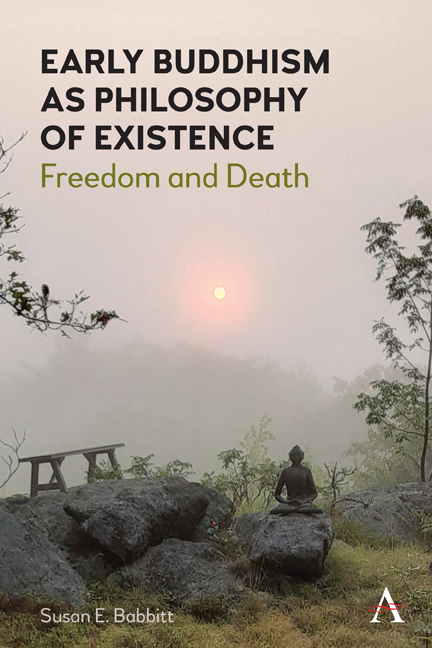4 - Living Philosophy, and Philosophy Must be Lived
Published online by Cambridge University Press: 15 September 2022
Summary
The first part of what follows was published in 2014. It is an interview conducted by Virginia Hamilton, to whom this book is dedicated, director together with husband Bill of the Ontario Vipassana Centre, near Toronto, Canada. The first part took place in 2006, the second in 2007 and the last in 2021 after, once again, a diagnosis of terminal cancer.
There is a story about the Buddha: A young man comes crying because his father has died. He wants the Buddha to do something. ‘You’re so powerful. You can do something so that my father gets into the kingdom of heaven’, he insists. The man's mind was too unbalanced for intellectual instruction, so the Buddha sent him to the marketplace for two earthen pots. In one, pebbles were placed and in the other, butter. In India there is a tradition, after death, in which the skull is broken. The belief is that upon breaking the skull, the soul rises.
The earthen pots were put in a pond. The young man was told to break them. When the one with butter is broken open, the butter rises to the surface. When the other is broken, pebbles stay at the bottom. The Buddha instructed the man: ‘Now, call all your gods and goddesses and ask them to make the pebbles rise to the surface, and the butter to go down.’ The man laughed, ‘That won't work, sir. The pebbles are heavier than water. They will stay at the bottom. Butter is lighter. It can't go down.’
The Buddha said, ‘So it is with your father. If his deeds were of good will, nothing can pull him down. But if he acted from ill will, nothing could bring him up.’ He is referring to the laws of nature, applied to human beings, mind and body. It is the view held by José Martí, Karl Marx and many others.
But it is not the philosophy of existence lived today. We may not know it. We go along on hope, believing in unrealistic possibilities – pebbles coming up, butter going down.
- Type
- Chapter
- Information
- Early Buddhism as Philosophy of ExistenceFreedom and Death, pp. 79 - 100Publisher: Anthem PressPrint publication year: 2022



